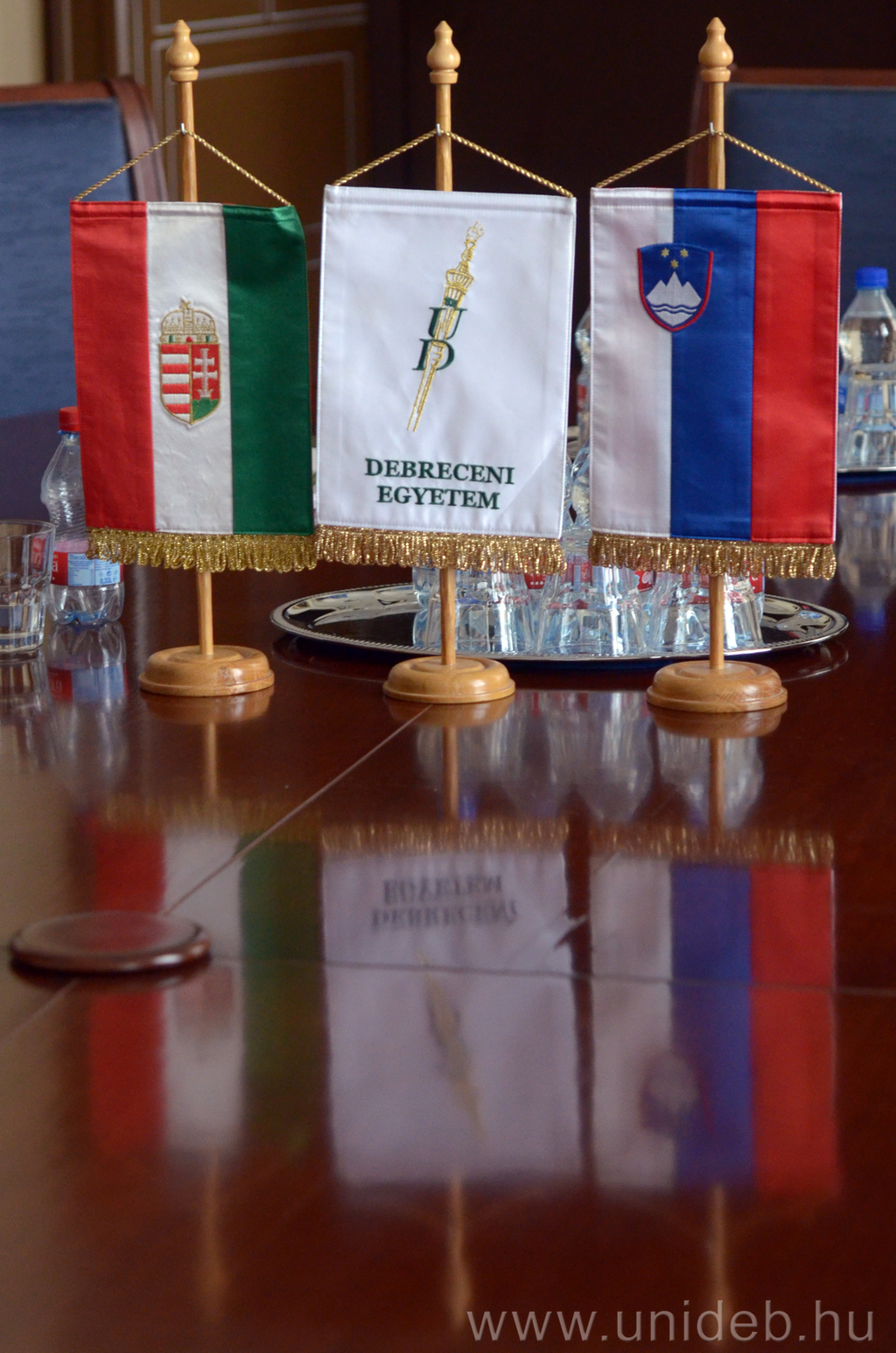 The Reformed College, the predecessor of the University of Debrecen, already placed a great emphasis on what we would today refer to as international mobility. Between the 16th and 19th centuries the College had good relations with several renowned Protestant universities in Western Europe which were often visited by the students of the college, contributing to the development of their knowledge as well as the spread of new ideas and teachings.
The Reformed College, the predecessor of the University of Debrecen, already placed a great emphasis on what we would today refer to as international mobility. Between the 16th and 19th centuries the College had good relations with several renowned Protestant universities in Western Europe which were often visited by the students of the college, contributing to the development of their knowledge as well as the spread of new ideas and teachings.
Over the few last centuries the significance of international relations has continued to grow and now internationalization has become of key importance for the University of Debrecen. Our institution has several hundred partner institutions in and outside Europe. Besides universities in Western Europe and overseas, the number of the university’s Asian partners has also increased significantly in the last few years. Kazakh, Chinese, Korean, and Indian institutions of higher education have become partners of the university. The Erasmus+ program creates new opportunities for cooperation with institutions outside Europe and in the future this can further strengthen educational partnerships beyond the continent.
Experience gained abroad can significantly improve the employment opportunities of graduating students and so the exploitation of the advantages in international relations is a priority.
Due to our international contracts, especially within the framework of the Erasmus+ program, every year close to five hundred students visit partner institutions of the University of Debrecen, taking part in mobility programs, or visit our university to study here, gain experience, and explore the world.
The proportion of international students arriving to participate in a full degree program is high at the University of Debrecen. During the 2014/15 academic year there were 3,500 international students studying in one of the almost 40 English-language programs. The number of international students is especially high in the medical programs, but the engineering, science, agricultural, information technology, and business programs also attract an increasing number of students from outside Hungary. Students of Hungarian ethnicity from the surrounding countries also like to study at our institution and they have access to the complete range of Hungarian-language programs.
From Brazil to Finland, from Italy to Korea, there are students from 99 different nations studying at the university, bringing diversity to the formerly homogenous student community. The city and the university do their best to help the integration of international students and to provide services matching their needs. The spectacular mixture of cultures, languages, religions, and traditions on the campus of the University of Debrecen shapes the attitude of Hungarian students while enriching the city at the same time.
Besides partnerships in education, the University of Debrecen has an extensive network related to international research cooperation.
In the 7th EU Framework Program for Research and Technological Development the University of Debrecen won more than 50 projects in cooperation with its European partners, and so occupies a prominent position in the funding ranking for FP7 projects among Hungarian universities and colleges. The majority of FP7 projects were realized in the fields of medical science, natural science, and agricultural science.
Our institution has already submitted a significant number of applications in the Horizon 2020 program and in the future it intends to further strengthen its international research collaborations.
In recent years, besides the FP7 grants, our university has also been able to access significant resources from the Hungary-Romania Cross-border Co-operation (HURO) program in consortium with Romanian partner universities and has received funding from the grants of the Visegrád Fund, Interreg, and Central Europe programs.